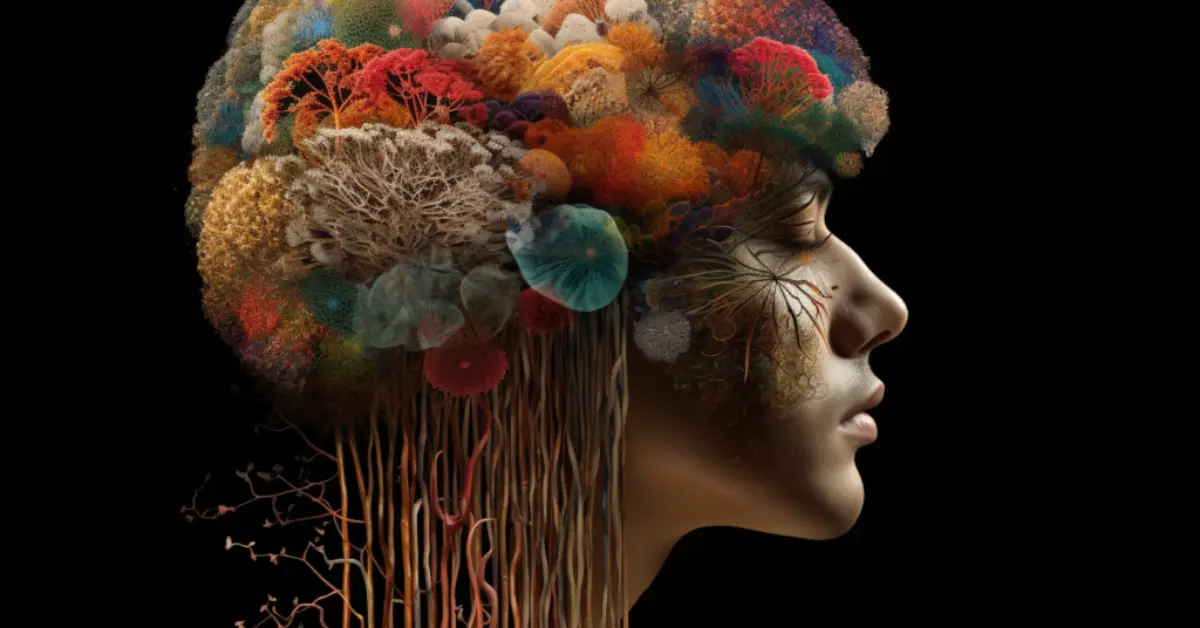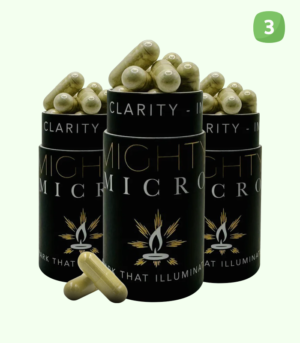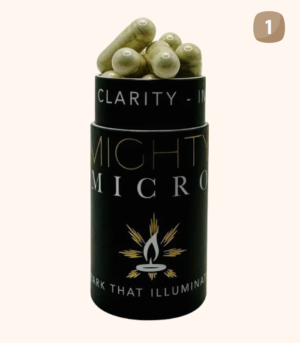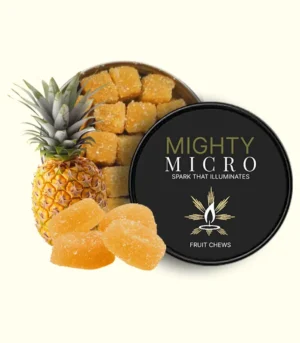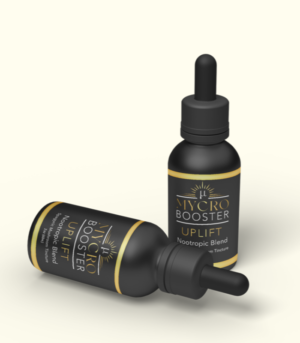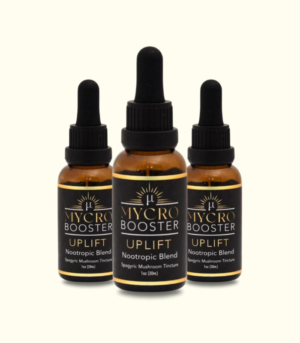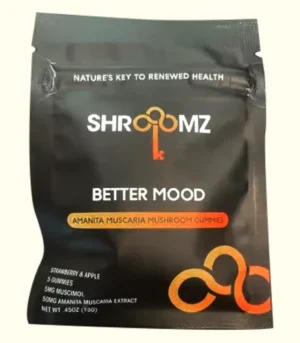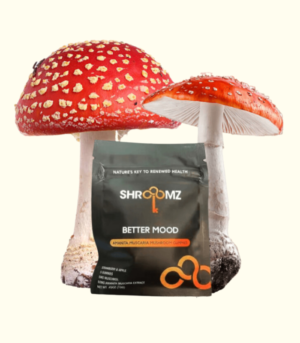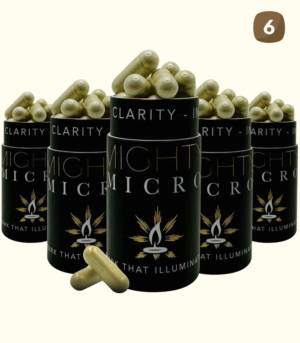The legal status of magic mushrooms, particularly those containing psilocybin, has undergone significant changes in recent years. As of 2024, several U.S. states have implemented various laws and regulations governing their use, possession, and sale. The state-by-state legal landscape provides insights into where psilocybin has been decriminalized, legalized for medical purposes, or remains prohibited.
What Are Magic Mushrooms and Why Are They Regulated?
Magic mushrooms refer to fungi containing psilocybin, a naturally occurring compound known for its psychoactive effects. Psilocybin has been studied for its potential to treat mental health conditions such as depression, PTSD, and anxiety. Despite its medical promise, psilocybin remains classified as a Schedule I drug under federal law, indicating a high potential for abuse and no accepted medical use. However, state-level changes reflect growing acceptance of its therapeutic benefits.
What Are the Legal Categories for Magic Mushrooms?
States have approached psilocybin regulation in three main ways:
- Decriminalization: Reducing penalties for possession and use.
- Medical Legalization: Allowing psilocybin for medical or therapeutic use under supervision.
- Prohibition: Maintaining strict bans on possession, sale, and use.
| State | Legal Status | Decriminalized | Medical Use Allowed | Prohibited | Notes |
|---|---|---|---|---|---|
| Oregon | Legal for medical and therapy use | Yes | Yes | No | First state to legalize psilocybin therapy and decriminalize possession (Measures 109 and 110). |
| Colorado | Legal for therapy use | Yes | Yes | No | Proposition 122 legalized psilocybin therapy and decriminalized personal use. |
| California | Partially decriminalized | Yes (in select cities) | No | Yes | Cities like Oakland and Santa Cruz have decriminalized, but statewide policies are pending. |
| Washington | Partially decriminalized | Yes (Seattle) | No | Yes | Seattle decriminalized psilocybin, but no statewide action yet. |
| Maryland | Legal for medical pilot programs | No | Yes | Yes | Psilocybin therapy allowed under pilot programs for depression and PTSD treatment. |
| New York | Under consideration | No | No | Yes | Legislative efforts to create research and therapy programs are ongoing. |
| Illinois | Under consideration | No | No | Yes | Lawmakers are debating statewide decriminalization measures. |
| Texas | Research-focused | No | No | Yes | Research initiatives exploring psilocybin’s mental health benefits are state-funded. |
| Florida | Prohibited | No | No | Yes | No active decriminalization or legalization efforts. |
| Alabama | Prohibited | No | No | Yes | Strict laws classify possession as a felony. |
| Georgia | Prohibited | No | No | Yes | Law enforcement actively enforces bans on psilocybin. |
| Nevada | Prohibited | No | No | Yes | No legal framework for psilocybin use or possession. |
Key:
- Legal for medical and therapy use: Fully regulated psilocybin therapy programs are available.
- Decriminalized: Personal use and possession are decriminalized but not fully legal.
- Medical Use Allowed: Psilocybin is permitted for medical or therapeutic use under specific guidelines.
- Prohibited: No legal or decriminalized access to psilocybin; strict penalties apply.
Our Best Wellness Products
Which States Have Decriminalized Magic Mushrooms?
Decriminalization efforts aim to reduce criminal penalties without fully legalizing the substance. These states have taken significant steps:
1. Oregon
Oregon led the movement by decriminalizing personal possession of psilocybin through Measure 110 in 2020. Additionally, Measure 109 allowed supervised psilocybin therapy, making Oregon the first state to create a regulated program.
2. Colorado
In November 2022, Colorado voters approved Proposition 122, decriminalizing psilocybin and establishing a framework for supervised therapeutic use. By 2024, the state has implemented guidelines for regulated facilities offering psilocybin-assisted therapy.
3. California
Several cities in California, such as Oakland and Santa Cruz, have decriminalized psilocybin. Statewide legalization efforts remain ongoing, with advocates pushing for broader decriminalization.
4. Washington
Seattle became the largest U.S. city to decriminalize psilocybin in 2021. Efforts to expand decriminalization statewide continue into 2024.
Where Is Psilocybin Legal for Medical Use?
States with medical legalization have implemented strict frameworks for administering psilocybin in therapeutic settings:
1. Oregon
Psilocybin therapy is fully legal in Oregon under strict regulations. Licensed facilitators oversee its use in approved facilities.
2. Colorado
Colorado’s legal framework includes provisions for psilocybin therapy centers and guidelines for professional training and certification.
3. Maryland
In 2024, Maryland approved pilot programs for psilocybin therapy, focusing on treatment-resistant depression and PTSD.
Which States Are Considering Legalization in 2024?
Several states are actively debating psilocybin legalization:
- New York: Legislative proposals aim to create a psilocybin research and therapy program.
- Illinois: Lawmakers are considering decriminalization measures like those in Oregon and Colorado.
- Texas: Research initiatives funded by state grants explore psilocybin’s therapeutic benefits, paving the way for future legalization.
Where Are Magic Mushrooms Still Prohibited?
Despite growing momentum, many states maintain strict bans on psilocybin. These include:
- Florida: Psilocybin remains illegal, with no active decriminalization efforts.
- Alabama: Possession or use of psilocybin is a felony.
- Georgia: Law enforcement continues to enforce psilocybin prohibition strictly.
Federal Law on Magic Mushrooms
Under federal law, magic mushrooms are classified as a Schedule I substance under the Controlled Substances Act (CSA) of 1970.
- High Potential for Abuse: They are deemed to have a high potential for abuse.
- No Accepted Medical Use: Federal agencies currently do not recognize any accepted medical use for psilocybin.
- Severe Penalties: Possession, cultivation, or distribution is illegal and punishable by significant fines and imprisonment.
The Drug Enforcement Administration (DEA) and the Federal Bureau of Investigation (FBI) enforce these rules. However, increasing scientific evidence and advocacy have prompted a reconsideration of psilocybin’s classification for therapeutic research purposes.
Local State Laws on Magic Mushrooms
State laws about magic mushrooms range from prohibition to decriminalization and legalization for medical use. These laws often reflect the evolving attitudes toward psilocybin’s potential benefits in mental health treatment.
1. Decriminalized States
- Oregon: Measure 110 decriminalized possession of small amounts of psilocybin, while Measure 109 legalized its use in controlled therapy settings.
- Colorado: Proposition 122 decriminalized possession and allowed regulated psilocybin therapy under state programs.
- Cities like Oakland, Santa Cruz (California), and Seattle (Washington): Have decriminalized possession but have not legalized broader use or sale.
Decriminalization in these areas reduces penalties for personal possession but does not establish a legal market or formal medical use.
How Are Advocates Supporting Legalization in 2024?
Advocacy groups, such as Decriminalize Nature and the Multidisciplinary Association for Psychedelic Studies (MAPS), are leading efforts to promote awareness of psilocybin’s therapeutic potential. Key strategies include:
- Public Education: Sharing scientific research on mental health benefits.
- Legislative Campaigns: Supporting state-level ballot initiatives and bills.
- Community Engagement: Partnering with local governments to create decriminalization policies.
What Are the Risks and Challenges of Legalization?
Despite potential benefits, challenges remain:
- Safety Concerns: Improper use can lead to adverse psychological effects.
- Regulatory Oversight: States must create systems to monitor and license psilocybin use.
- Federal-State Conflicts: Legalization at the state level conflicts with federal drug laws.
What Does the Future Hold for Psilocybin in 2024?
As of 2024, the legal landscape for magic mushrooms continues to evolve. States like Oregon and Colorado have paved the way for therapeutic use, while others cautiously explore legalization. Advocacy, research, and public demand will likely shape future policies, offering hope for wider acceptance of psilocybin’s benefits in mental health treatment.
FAQs
What are magic mushrooms?
Magic mushrooms are fungi containing psilocybin, a naturally occurring psychedelic compound known for altering perception, mood, and cognition. They are often used recreationally or for therapeutic purposes.
Are magic mushrooms legal in the United States?
The legality of magic mushrooms varies by state. Some states have decriminalized or legalized their use for medical or therapeutic purposes, while they remain illegal in most others under both state and federal law.
Which states have decriminalized magic mushrooms in 2024?
As of 2024, states like Oregon and Colorado have decriminalized psilocybin for personal use. Additionally, some cities in other states have adopted local ordinances decriminalizing possession or use.
Are magic mushrooms approved for medical use?
Yes, in some states, such as Oregon and Colorado, psilocybin is regulated for medical or therapeutic use. Clinical trials and therapy programs are underway in other regions to evaluate its effectiveness for mental health treatment.
How does federal law classify magic mushrooms?
Under the Controlled Substances Act, psilocybin is classified as a Schedule I substance, meaning it is considered illegal federally, with no accepted medical use and a high potential for abuse.
What is the difference between decriminalization and legalization of magic mushrooms?
Decriminalization: Reduces or removes criminal penalties for possession but does not make the substance legal.
Legalization: Allows regulated production, sale, and use under specific guidelines.
Are there any penalties for possessing magic mushrooms in states where they are illegal?
Yes, possession in states where psilocybin is illegal can lead to fines, imprisonment, or other legal consequences, depending on the quantity and intent (personal use or distribution).
Can magic mushrooms be used for research purposes?
Yes, under federal law, psilocybin can be used for research with proper authorization from agencies like the DEA and FDA. Many clinical studies are exploring its potential for treating depression, PTSD, and anxiety.
Why are some states legalizing magic mushrooms?
States that legalize or decriminalize magic mushrooms often cite promising research on psilocybin’s benefits for mental health, such as reducing depression, anxiety, and PTSD symptoms.
Is it safe to travel with magic mushrooms?
Traveling with magic mushrooms is risky and generally illegal, especially across state or international borders, as federal law prohibits possession and transportation.

